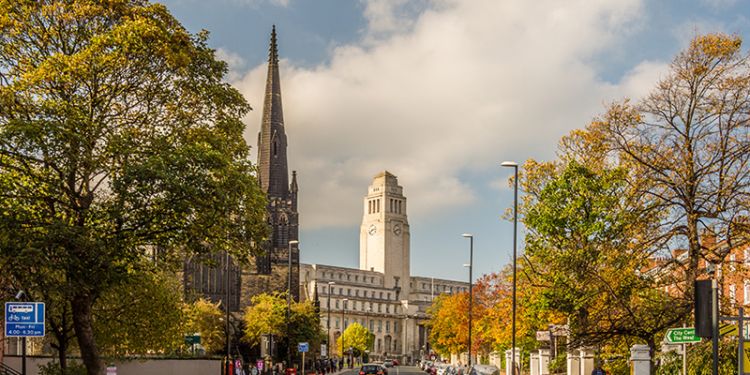Dr Nick Evans on His New Role Within the IMS

IMS Lecturer Nick Evans talks about his new role within the IMS, his research interests and the importance of teaching and researching global history.
What does your role involve?
“As Teaching Fellow in Medieval History, I teach undergraduates and postgraduates across the School of History. This includes teaching on the School of History's brand new Level One modules and a Level Two module on Medieval Romans (often referred to as 'Byzantines' - we talk about why the name matters!). I also teach a Level Three module Mapping the Middle Ages: Space and Representation from the Pacific to the Atlantic and will be contributing to teaching on MA Social and Cultural History.”
Why is global history important?
“At its most exciting, global history can expand our sense of the possible ways of arranging our lives and our societies. We are well aware of the current challenges that face us on a planetary scale, and the ways that economic and ecological systems connect us all. However, we often think in ways that are constrained by the borders of nation states. Studying global pre-modern history gives us an opportunity to see how societies were organised, and connected, before capitalism or the nation state. Tracing connections and making comparisons also helps us ask new questions about the sources we have for the parts of the world we study.”
“Like so many medieval historians, I've been coming to the University of Leeds for the International Medieval Congress for years. It's a real privilege now to be on the inside at the Institute of Medieval Studies!”
What attracted you to work here at the University of Leeds Institute for Medieval Studies?
“Like so many medieval historians, I've been coming to the University of Leeds for the International Medieval Congress for years. It's a real privilege now to be on the inside at the Institute of Medieval Studies! It's also exciting to be involved in teaching the new first year modules, which put into practice the kind of decolonised, global curriculum that we have all been talking about for some time. I had also heard that the School of History is an especially friendly place to work: I've not been disappointed.”
Can you tell us a bit more about your previous experience and research interests?
“During my undergraduate degree, in History and Russian, I spent several months living in the North Caucasus, and became interested in the history and archaeology of the people who had lived there a thousand years earlier. These North Caucasian highlanders lived on the edge of the Byzantine Empire and the Caliphate, so to study them further, I took a Masters degree in Late Antique and Byzantine Studies, so I could tackle the Greek and Arabic sources written by their imperial neighbours. This became the subject of my doctorate, supervised by Dr Jonathan Shepard and the late Dr Mark Whittow. I then moved to Vienna, where I joined Professor Claudia Rapp's 'Moving Byzantium' project as a post-doc, before taking up a Junior Research Fellowship at Clare College in Cambridge. My research in Vienna and Cambridge looked at relations between Byzantium and the steppe world, as well as the cultural history of archaeology in the Soviet Union. For the past two years, I have been a Lecturer in Medieval History at King's College London. My current research project is on economic anthropology in the Byzantine and Islamicate worlds.”
How will your experience and research inform your new role?
“My first full-time teaching job at King's College London began in the depths of the pandemic, so it is a real pleasure to be starting this one on a full campus. Still, teaching during those times taught me useful lessons about how to make best use of online platforms alongside teaching in the lecture hall and seminar room. In my new role, I'll be drawing on my experience of teaching medieval and comparative history at King's. I'll be drawing directly on my own research across the different modules I teach on, from lecturing on the life of a medieval noblewoman from the Caucasus, to discussing new approaches to the Byzantine Empire. I'll also be drawing on my experience of outreach work to schools. When I was working in Cambridge, I gave a series of taster lectures for schools on scientific and historical approaches to the sixth-century plague. That suddenly felt horribly relevant when the pandemic broke out... I shall be careful about the topics I choose this time around!”




